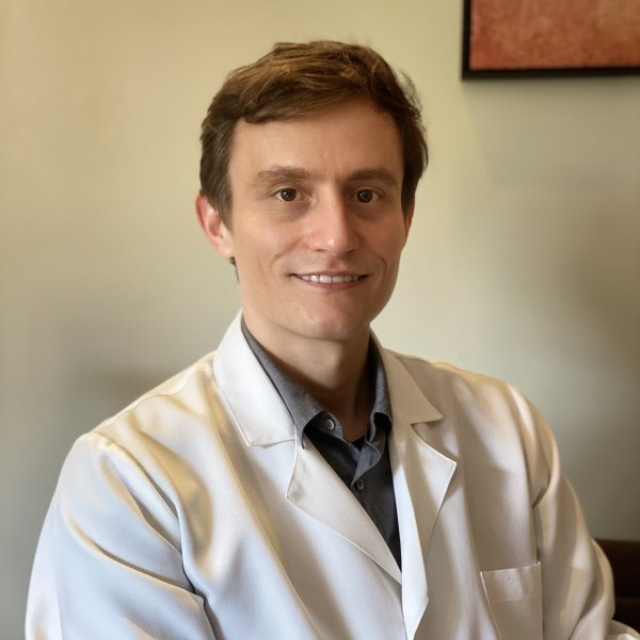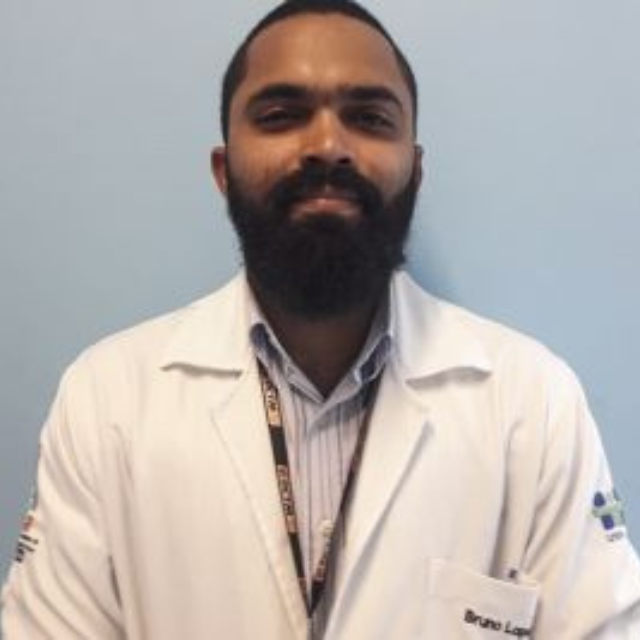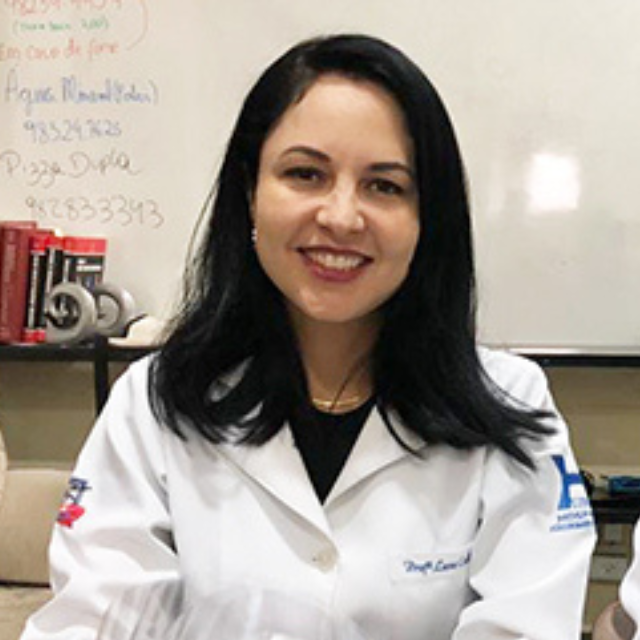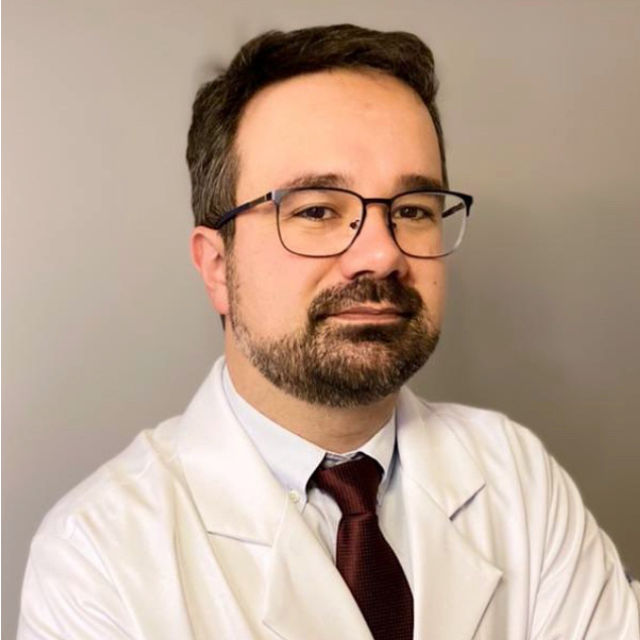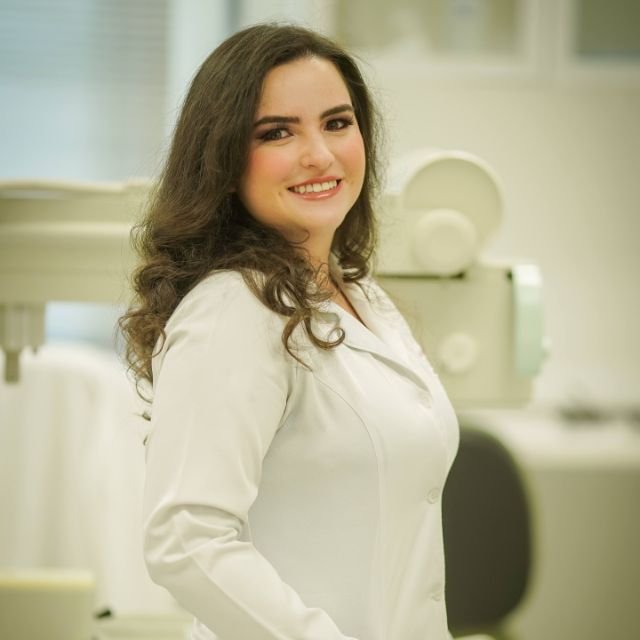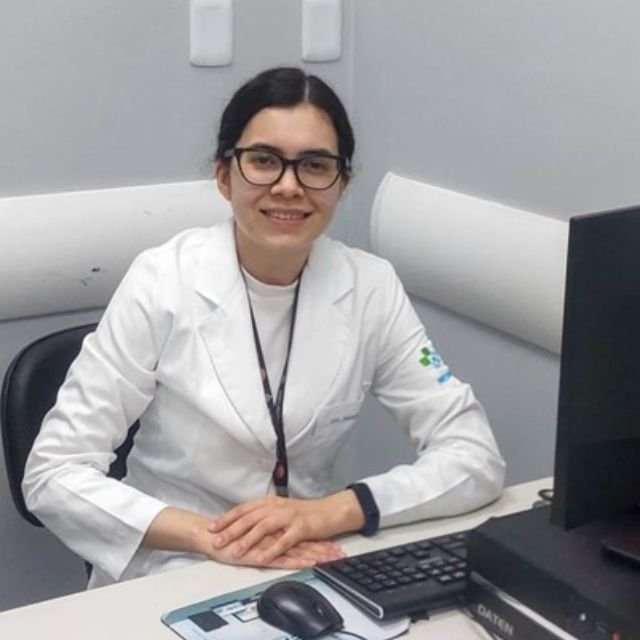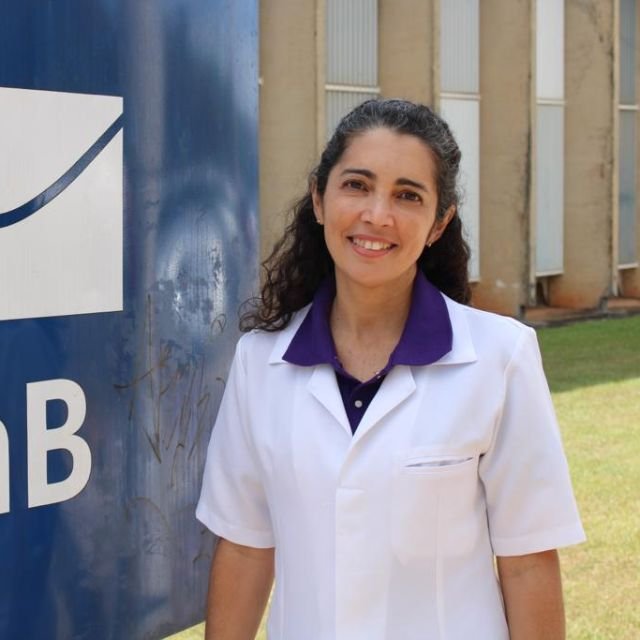PROBE-PD
Prodromal and Overt Parkinson’s Disease Epidemiological Study in Brazil
Research Center

Veranópolis
South

Candangolândia
Midwest

Jacobina
North East

Porção Insular de Belém
North
The main objective of the study is to evaluate all people in the regions who are 60 years of age or older, investigate the frequency of Parkinson’s disease, and determine which are risk factors and initial symptoms most present in the elderly population.
About
The Prodromal and overt Parkinson’s Disease Epidemiological Study in Brazil (PROBE-PD) is a research project that investigates the prevalence of Parkinson’s disease in different Brazilian populations, which encompasses the North, Northeast, South, and Midwest regions of the country.
The idea of carrying out a study of this magnitude came up in 2019, initially, with researchers Dr. Carlos Rieder, Dr. Artur Schuh, and doctoral student Gabriela Pereira, to investigate the prevalence and incidence of Parkinson’s disease and other parkinsonisms in Veranópolis – RS. The city of Veranópolis, in Rio Grande do Sul, known for having one of the highest life expectancies in Brazil, has been an inspiring model for studying the prevalence of Parkinson’s disease in our country. Based on this successful line of research and seeking to expand knowledge about the prevalence of Parkinson’s disease in other regions of the country, we started the project “PROBE-PD: Prodromal and overt Parkinson’s Disease Epidemiological study in Brazil.”
Research Center
Researchers Involved
Our Team
The Project
The prevalence of Parkinson’s has increased considerably over the last two decades, making it probably one of the fastest-growing neurological conditions in the world. The following communities are part of our study on the prevalence of Parkinson’s disease in Brazil: Veranópolis-RS, Porção Insular de Belém-PA; Jacobina-BA, and Candangolândia-DF. These communities constitute different Brazilian regions with diverse ethnic and socioeconomic compositions and, therefore, manage to capture a little more of the diversity of our country.
Screening Methodology
The invitation to participate in the study will be made through a telephone call or a face-to-face visit (door-to-door).
Our researchers will preferably accompany the UBS Community Health Agents for face-to-face visits.
Inclusion criteria in the study:
– The participant must be 60 years of age or older;
– Have permanent residency in one of the cities.
Research Steps
– STAGE I
Sociodemographic screening: a collection of information related to age, sex, comorbidities, and medications in use, for example.
Screening for motor symptoms: Tanner questionnaire containing ten yes or no questions related to motor problems (about locomotion, speed of movement, among others).
Screening for non-motor symptoms: Sleep quality questionnaire.
– STAGE II
Stage II of the research will be carried out at UBS in Candangolândia and will have the participation of those who screen positive in Phase I.
In stage II, a clinical evaluation will be carried out by neurologists, and patients will also answer questions related to cognitive and motor processes.
Study Benefits
– The assessment of cognitive, behavioral, and sleep aspects will be made available individually for each patient.
– If any neurological alteration is identified, patients will be instructed to continue their investigation and treatment, if necessary.
– The research results may generate essential data in the search for more effective treatments, especially in the earliest (early) phase of the disease.
Publications
Prevalence and incidence of Parkinson’s disease and other forms of parkinsonism in a cohort of elderly individuals in Southern Brazil: protocol for a population-based study
BMJ Open 2021;11:e054423.doi:10.1136/ bmjopen-2021-054423
Medicines
Medications can help manage problems with walking, slowness of movement, and tremors. This is because drugs directly or indirectly improve dopamine’s action in the brain.
Physiotherapy
A physical exercise program can increase muscle strength, flexibility, and balance. It also improves the feeling of well-being, reducing depression and anxiety.
Other Treatments
Other treatments may be necessary depending on the symptoms presented, such as psychological, psychiatric, and speech therapy, among others.
Parkinson’s disease
Parkinson’s disease is a degenerative and progressive disease of the Nervous System that affects movement.
The diagnosis of Parkinson’s disease is made through the patient’s medical history, a careful investigation of the symptoms presented an adequate physical and neurological examination. Eventually, some complementary exams can be used, but this is the exception, not the rule.
It is essential to provide your doctor with information that is truthful and as accurate as possible.
Treatment for Parkinson’s disease has evolved a lot over the years, and the symptoms can be managed efficiently. Treatment aims to improve functionality (independence and autonomy), control motor symptoms (improve movement) and non-motor symptoms (depression, pain, urinary and sleep problems, etc.), and, as a result, improve quality of life.
Among the treatments for Parkinson’s Disease are medications, physical therapy, speech therapy, psychological, and psychiatric, among others.
Contact
For any information or questions about the project, please send us a message!

